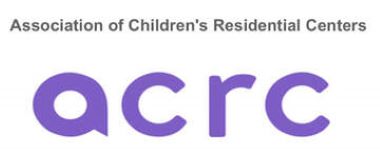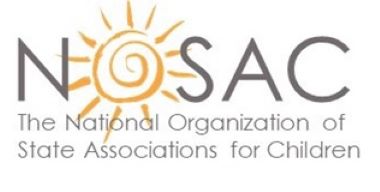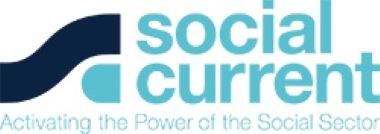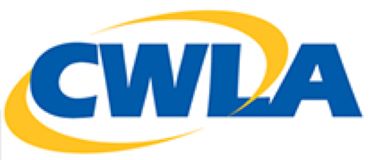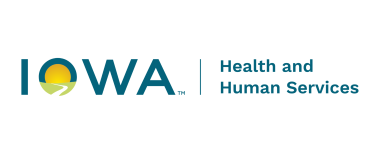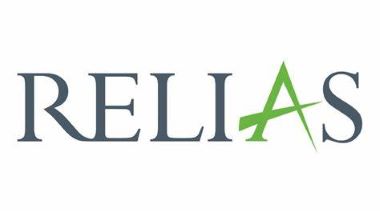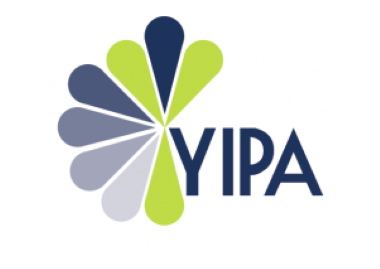In early 2009, the Midwest Trauma Services Network (MTSN) was established with the goal of delivering Trauma Informed Care (TIC) training across Iowa. The Coalition, through its Iowa Child Welfare Training contract, funds these trainings to all agencies that operate in contract with the Department of Human Services for child welfare services. This eleven (11) year partnership will continue into the next fiscal year. The program trains facilitators within provider organizations to bring reliable and consistent training around trauma informed care.
In Level 1 – Understanding Trauma, participants discuss: (1) the broad spectrum of major contributors to a child’s behavior, (2) the hierarchy of needs, (3) short/long term reasonable outcomes, (4) lifespan consequences of trauma on an individual/community and (5) staff’s role as protectors and educators. Participants learn how to engage in and explore concrete processes to stabilize attachment, develop safe relationships and effective emotional management. This is an entry level training that creates a common language for participants around the EBP skills taught in Levels 3-6.
In Level 2 – Self Care, participants learn (1) what can happen to them as they operate in highly stressful environments, (2) how to take care of themselves (3) how to engage in and explore concrete processes to stabilize attachment, and (4) develop safe relationships and effective emotional management. This is an entry level training that creates a common language for participants around the EBP skills taught in Levels 3-6.
In Level 3 – KINNECT module – Safety (multi-modal), participants explore (1) a child’s view of what is meant by: physically safe, socially safe, safety in flight, fight and freeze, and (2) how one’s self begins with safety. Then, participants learn evidence-based practices for effective intervention strategies using multi-modal treatment structures.
In Level 4 – KINNECT – Emotional (multi-modal), participants explore emotional identification and expression. Then, participants learn evidence-based practices for effective intervention strategies using multi-modal treatment structures.
In Level 5 – KINNECT – Loss (multi-modal), participants explore loss and ways individuals may show signs of grief and unresolved grief. Then, participants learn evidence-based practices for effective intervention strategies using multi-modal treatment structures.
Level 6 – KINNECT – Future (multi-modal), participants explore the possibility of future. Participants learn evidence-based practice for effective intervention strategies using multi-modal treatment structures.

